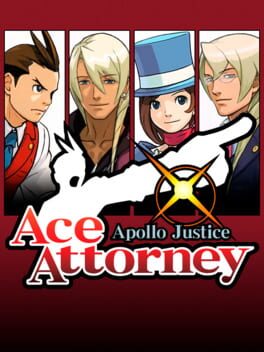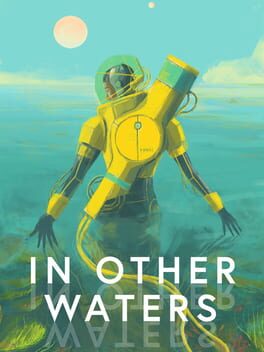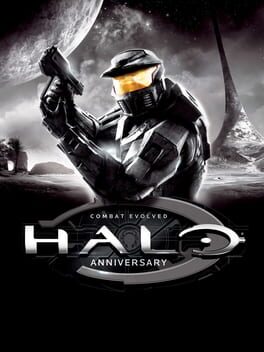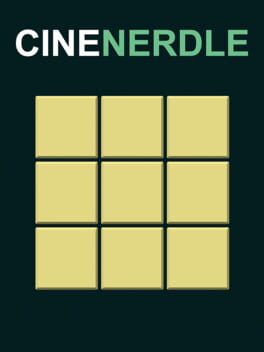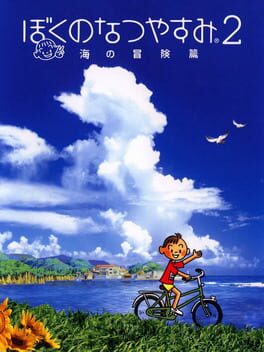nrmac
you wouldn't RATE a VIDEO GAME
Badges

GOTY '23
Participated in the 2023 Game of the Year Event

Adored
Gained 300+ total review likes

Pinged
Mentioned by another user

Trend Setter
Gained 50+ followers

GOTY '22
Participated in the 2022 Game of the Year Event

Loved
Gained 100+ total review likes

Listed
Created 10+ public lists

Organized
Created a list folder with 5+ lists

Well Written
Gained 10+ likes on a single review

Donor
Liked 50+ reviews / lists

Gamer
Played 250+ games

Best Friends
Become mutual friends with at least 3 others

3 Years of Service
Being part of the Backloggd community for 3 years

GOTY '21
Participated in the 2021 Game of the Year Event

On Schedule
Journaled games once a day for a week straight

Popular
Gained 15+ followers

Liked
Gained 10+ total review likes

N00b
Played 100+ games

Noticed
Gained 3+ followers
450
Total Games Played
006
Played in 2024
204
Games Backloggd
Recently Played See More
Recently Reviewed See More
First and foremost, that's what this game is; the first in the order of release and the foremost in time. Everything people would come to love about Yakuza, Yakuza 2, Yakuza Kenzan, Yakuza 3, Yakuza 4, Kurohyo 1 and 2, Yakuza Dead Souls, Yakuza 5, Yakuza Ishin, etc. has its roots in this legendary and primary game. You simply got to give it up for when a great game launches a great series.
It establishes the beloved characters and memorable settings, with later games taking their cues from this introductory chapter. If you're gonna dive into the Yakuza series, take a hint from Julie Andrews in The Sound of Music and "start at the very beginning, a very good place to start".
Some series like to start with a game just called "Series Name" or if they're ambitious "Series Name 1"; maybe throw in a subtitle for good measure like "Series Name: Origins". But the Yakuza series--as it continues to be called to this day even after eight years of classic games--always likes to take the road less travelled, hence the decision to name its first entry Yakuza Zero. Can't get earlier than that.
Looking forward to playing the next game in the series, Doki Doki Panic.
When I was five years old, my mother's father passed away. I have a handful of fuzzy memories of him that all feel pale compared to the day of his funeral. My family and I stood outside a church on a hill, the sun hotter and brighter than I had ever known it to get at that age. All my older cousins were there, between four and twenty years older than me; my mother was the youngest of nine, and I was her youngest child. My relationship with that side of the family has always been somewhat distant by extension, shaped by childhood experiences of looking up at tall goofy people who mentioned they last saw me when I was only this big and had inside jokes I was on the outside of. Granddad looked waxy and unnatural in the coffin.
For the rest of my adolescence, my mother and her siblings would spend weekends with her mother in that town. My siblings and I were brought along, often requiring my brother and I to take claritin all weekend to counteract the old family cat's shedding. We'd play around the house and the backyard, pick up rocks and shells along the beach, drop sticks in the estuary and see which one passed under the bridge first. My oldest sister got lost in the woods once. Grandma's sight and hearing weakened gradually, and often only left the house for church. She'd join any card games though.
In "The Promise: The Making of Darkness on the Edge of Town" we see archival footage of the Holmdel, New Jersey house where Bruce Springsteen and the E Street Band rehearsed in the mid 70s, as well as the Haddonfield home of Frank Stefanko where the album cover photoshoot was taken. I always subconsciously associated the floral wallpaper of the album cover with my mother's hometown and the surrounding area, and the documentary revealed they were similarly quiet and isolated houses. It can be simultaneously invigorating and unsettling to see a place in art that you so strongly connect to a place from your life, only to find the reality that inspired the art was truly similar and not imagined. Boku 2 struck a similar nerve.
Yet a place and its wallpaper only matters so much. Boku 2 is not a story about the grief experienced by a child, rather a child's perception of grief in others. It is not about disconnect from relatives but becoming closer to them. It is not about a place you visit for a weekend and see in different seasons, it is about a full month of experiences strung together artfully through a specific month of a specific year in history. Yasuko is about as old as my mother was in 1975, though I didn't know my mother then. In turn, Tonomi is what you make of it: the moments you find and the moments you miss, alike in their passing you by. Already passed and already past.
I played through the game one in-game day per one in-reality day. Looking back from the end of my November 2023/August 1975, I'm glad I did. Encouraged to play honestly and see how I got by on my own instincts, I found myself roleplaying a child who wakes up excited to do something and forgetting what they had wanted to do tomorrow yesterday. I got a lot of the collectibles but not all of any category. A few plot threads lay untied at the end (like what was up with the cat shack), while others seemingly could have gone a bit differently, and more felt fully explored but left deliberately ambiguous in their details. Though it was not particularly sentimental nor tragic, the ending eked out a few tears.
Like the song goes, "It's easy to get buried in the past / When you try to make a good thing last." And like the youtube comment goes, we need more games like this.
